Za sve opcije molim te da se prijaviš ili registriraš!
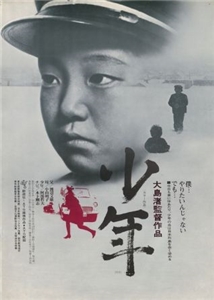
Naslov:
ShônenLeto:
1969Zvrst:
dramaTrajanje:
105 minRežija:
Nagisa ÔshimaScenarij:
Tsutomu TamuraGlavne vloge:
Tetsuo Abe > Toshio Omura
Tsuyoshi Kinoshita > Peewee
Akiko Koyama > Takeko Taniguchi
Fumio Watanabe > Takeo Omura
Povzetek:
Unmarried couple Takeo Omura and Takeko Kaniguchi travel across Japan with their two sons, the eldest, Toshio, who is biologically his but not hers. They are con artists, whose scam is for her to jump alongside moving vehicles feigning being hit and injured, while he, playing the outraged husband, negotiates with the worried driver for an unofficial cash settlement in return for not calling the police reporting the motorist's "guilt". She often does sustain minor injuries from the ruse. She believes that they will continue doing this work until they have enough money to settle down in one place, where he will get a legitimate job. However, he wants to continue the scam indefinitely as he, a veteran, claims that injuries he sustained during the war would prevent him from obtaining that legitimate work. When Toshio reaches age ten in 1966, they enlist him in the con, he now playing the accident victim, with Takeko now playing the concerned mother role. They even manufacture real bruises...
- Poglejte podobne vsebine
- Komentarji filma/serije
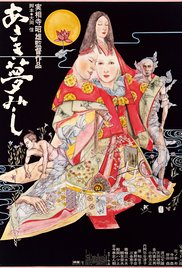
Asaki yumemishi (1974)
drama
After a number of stressful affairs, a court lady becomes a nun in order to pursue a life without desire.
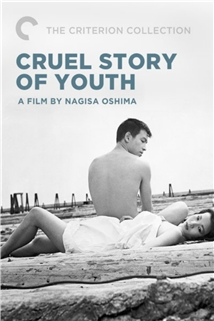
Seishun zankoku monogatari (1960)
drama
Kiyoshi is a brooding young man who treats women solely as objects. Makoto is a young woman who is just reaching her sexual awakening. She and her friends accept car rides from middle aged men...
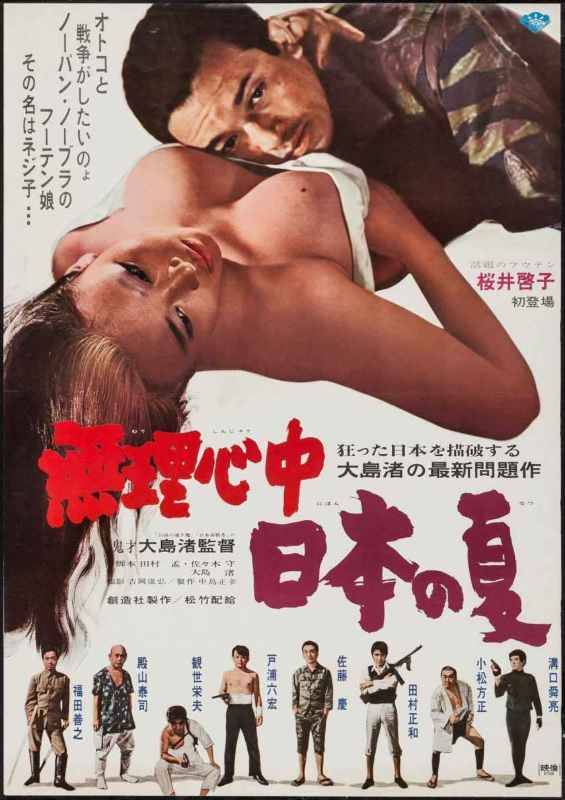
Muri shinjû: Nihon no natsu (1967)
drama, kriminalka
Over the course of a night, a sex-obsessed young woman, a suicidal man, and a gun-crazy wannabe gangster are taken prisoner of a gang awaiting a shootout between a rival gang at dawn.

My Childhood (1972)
biografija, drama
Prvi deo uticajne trilogije Billa Douglasa daje nam uvid u njegovo osiromašeni život i odrastanje u Škotskoj u ranim 1940-tim. Bioskop je bio njegov jedini izlaz - koji je plaćao novcem od kaucije za...

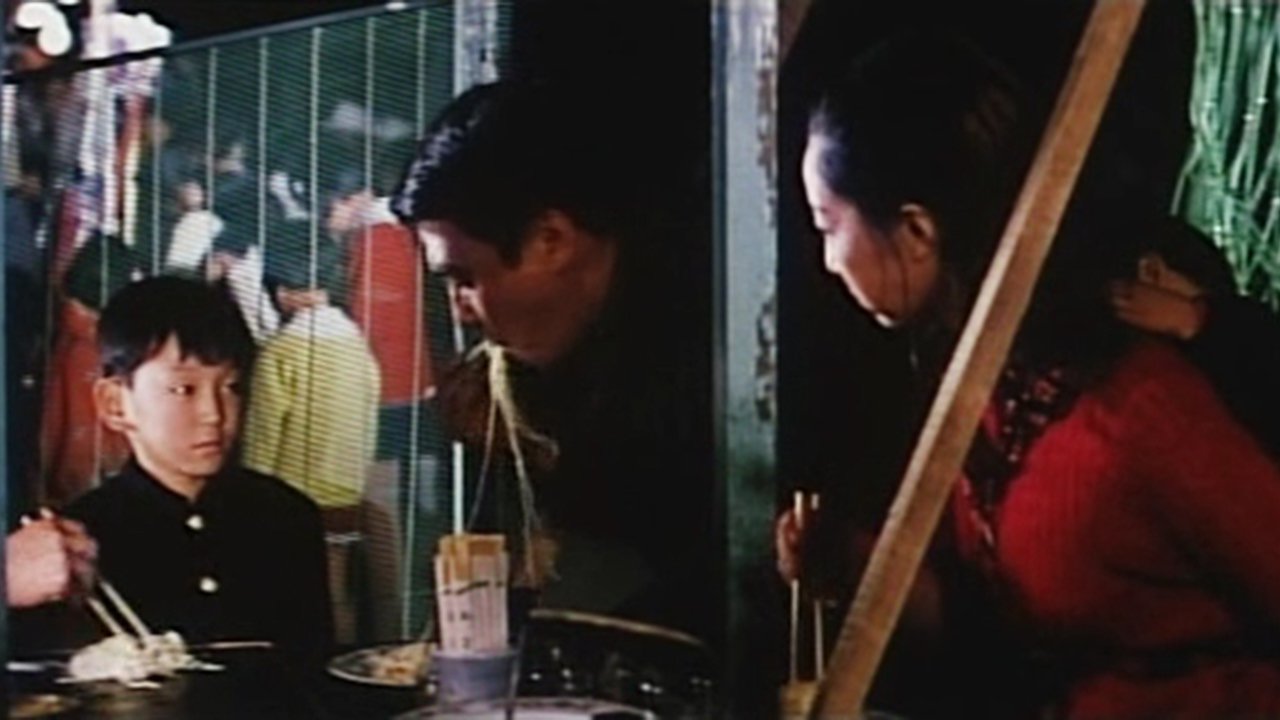

Za komentiranje morate biti prijavljeni!